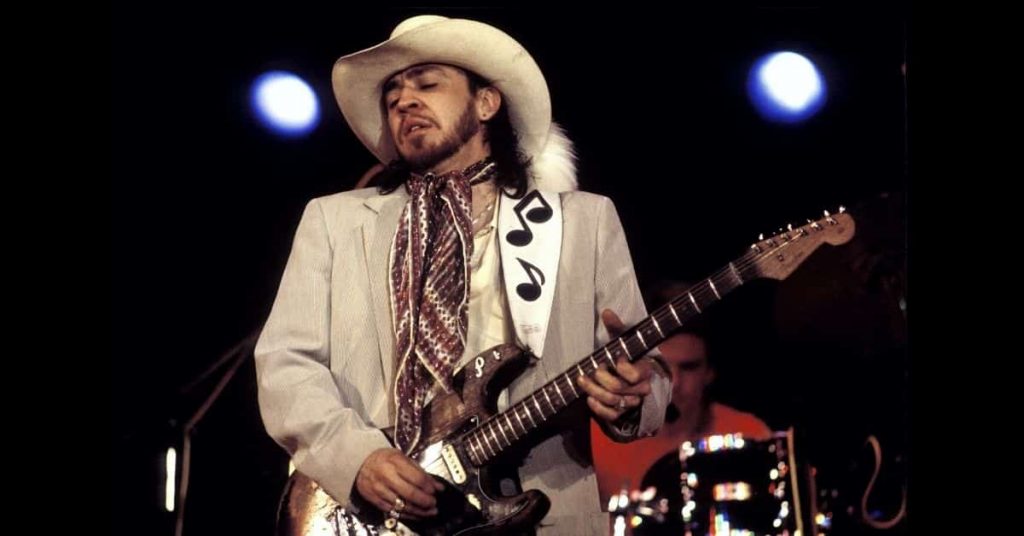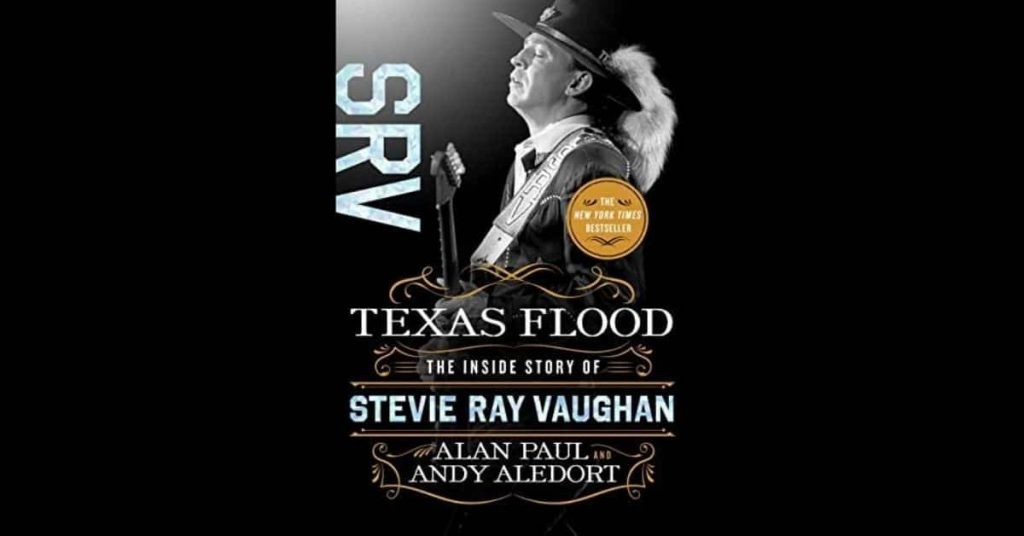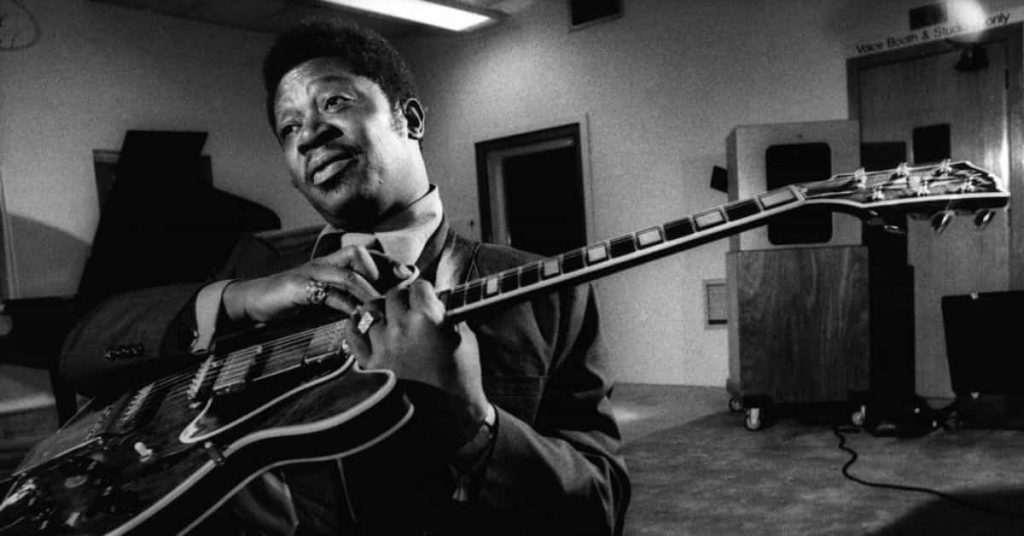
There exists no other musical genre like the blues. Filled with lyrical emotion and electrifying melodies, it’s easy to comprehend why blues music has had such a deep and enduring influence on music in the United Kingdom, the United States, and beyond.
Despite its name, blues music can evoke a variety of feelings: joy, triumph, heartbreak, or just plain sadness. As Nina Simone proved, the blues can make you feel really good.
The blues’ instrumentation is as diverse as its lyrics, its influence is more vast than you might think, and most of all, the genre is still found in chart-topping contemporary musical styles today!
This genre of music emerged from the American dream. The foundations were firmly engraved in the New World before migrating to other parts of the world.
The blues is a feeling. It is a state of mind. It can make you soar. It may disappoint you. In other words, it has everything you want out of music.
Blues History
Blues music began to emerge in the United States in the mid-to-late 19th century in various regions, not only in the South, although it developed mostly in the Mississippi Delta.
It is an outgrowth of blues songs and country songs, but also includes minstrel, gospel, ragtime, jazz, and ballads which developed together with the blues.
So, let’s dig deeper. By the end of this article, you’ll have a better understanding of what blues is, when and how blues music evolved, blues music history, how to write and play your own blues tunes, and why blues is still important in contemporary music.
After the Second World War, instead of solo acoustic artists, many blues artists turned to electric instruments and bands, thus taking a new turn in the development of blues music.
Rock and roll musicians of the early ages such as the Rolling Stones, Elvis Presley, and Eric Clapton were inspired by the blues, which can be easily seen in their songs.
No analysis of blues music history is complete without acknowledging the amazing BB King. He emerged as one of the most popular musicians in the genre, earning the nickname “Master of the Blues.” BB King’s unparalleled guitar skills and vocals enabled him to create a unique style of his own. The relationship he has with his guitar, named Lucille, represents his energy and commitment to his craft.
History
The journey of the blues, a more than 100-year-old genre, emanated from West Africa to the urban centers of the northern part of the United States, where it directly fueled rhythm and blues and rock and roll. However, one genre of blues music hasn’t quite outgrown another over time: the older forms of blues have lived on and experienced a new resurgence and increase in popularity.
What is the true origin of blues music? It can be difficult to tell, as history is never completely linear and there are some gaps in the documentation.
We’ll start with the African slave trade and the music that came from it as it is widely believed to be the origin of the blues.
Blues Legends:
While the early blues singers and musicians are responsible for growing blues music, the names on the lips of everyone today are blues artists such as B.B. King and Eric Clapton.
In 1987, B.B. King was inducted into the Rock and Roll Hall of Fame for making contributions to blues music. B.B. King deserved the awards after winning lots of blues music awards for more than four decades. Not only did he make the blues stronger, but he created his own solo style, and topped the blues charts many times, he was an energetic and tireless performer throughout his career, and even into his final years. As part of blues music facts, in 1956 alone it was reported that he played in 342 shows!
“Slow hand”
Once called a “slow hand” by businessman and director Giorgio Gomelski, Eric Clapton is the exact opposite. His clever blues improvisations and quick licks have been the exclusives of legends since the days of The Yardbirds, and as Clapton continues to perform solo it remains a musical force today.
As a child living in the UK, he developed an interest in American blues music. Clapton began following in the footsteps of electric blues artists such as Chuck Berry, Freddie King, Muddy Waters, and not forgetting B. King in his playing, composing guitar solos with a more pronounced tone than those he learned from. This gave rise to a passionate, new sound that still had the basics of blues music.
Early days:
The early days of blues music were quite sad. The genre arose during the periods before the Civil War began in the southern part of the United States, with the field workers and laborers who struggled to express their human emotions and thoughts while being faced with oppression and hard labor as slaves.
These slaves carried along with them the musical sensibilities and rhythms of West Africa. Their music had the basic characteristics of the music of their predecessors:
- Improvisation
- Pentatonic scales with distinctive tuning.
- Complex polyrhythm
- Conversation elements
When Africans became exposed to the European musical styles in the United States, they made attempts to fuse European instruments and scales and African scales, which gave rise to the sliding and bending of notes that led to the blues scale.
Blues Influence
The blues is arguably the origin of all Western musical styles popular today. Jazz diversified early, while rock and roll and R&B came later on. Even Country music and Bluegrass owe a huge debt to the blues and blues-tinged styles that permeated the United States in the 20th century. Later on, American folk music greatly influenced popular music around the world, bringing with it its West African heritage.
Contemporary Blues
One of the surprising aspects of blues music is how unique it is today: it is so much alive and well in modern blues songs like Fatback Deluxe, The Black Keys, Vanessa Collier, and The White Stripes.






